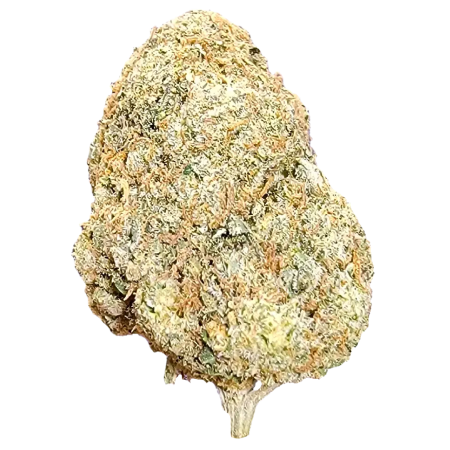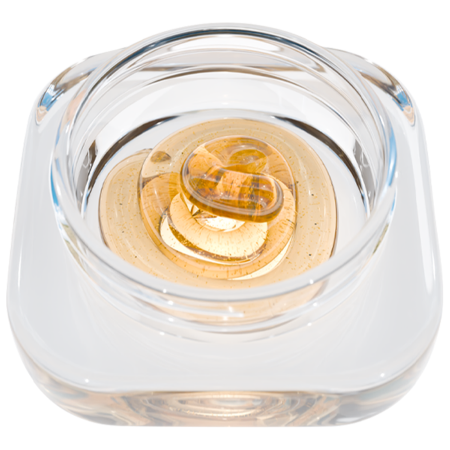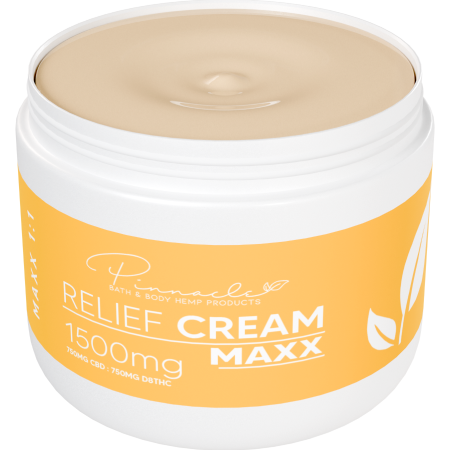Arthritis, a condition characterized by inflammation and pain in the joints, affects millions worldwide, often limiting mobility and causing discomfort. Traditional treatments offer relief, but emerging trends suggest CBD (cannabidiol) as a promising alternative. Derived from the cannabis plant, CBD is non-psychoactive and renowned for its therapeutic properties. Here’s a closer look at how CBD could potentially benefit those suffering from arthritis:
1. Pain Management
CBD interacts with receptors in the endocannabinoid system, which helps regulate pain perception. Studies indicate that CBD may reduce inflammatory pain by affecting these receptors, providing relief from arthritis symptoms without the side effects associated with conventional pain medications.
2. Anti-Inflammatory Properties
Inflammation is a key driver of arthritis pain and stiffness. CBD has shown anti-inflammatory effects in various studies, potentially reducing swelling and discomfort in affected joints. This makes it a promising candidate for managing both osteoarthritis and rheumatoid arthritis symptoms.
3. Minimal Side Effects
Unlike traditional pain medications, which can cause gastrointestinal issues and dependency concerns, CBD is generally well-tolerated and considered safe. It offers a natural alternative for individuals seeking pain relief without the risks associated with long-term pain medication use.
-
 Roll-On CBD Freeze$44.99 — or subscribe and save 15%
Roll-On CBD Freeze$44.99 — or subscribe and save 15% -
 Renewing Relief CreamFrom $24.99 — or subscribe and save 15%
Renewing Relief CreamFrom $24.99 — or subscribe and save 15%
4. Improved Sleep Quality
Arthritis often disrupts sleep patterns due to pain and discomfort. CBD has been reported to promote better sleep quality by alleviating pain and anxiety, allowing arthritis sufferers to obtain more restorative sleep.
5. Ease of Use
CBD products are available in various forms, including oils, creams, and edibles, offering flexibility in how individuals can incorporate them into their daily routines. This accessibility makes CBD a convenient option for arthritis management.
6. Complementary Therapy
While CBD shows promise, it is essential to note that it should be used as part of a comprehensive arthritis management plan. Combining CBD with physical therapy, exercise, and other treatments recommended by healthcare providers can maximize its benefits.
7. Non-Psychoactive Cannabis
CBD (cannabidiol) is considered non-psychoactive primarily because it does not produce the characteristic “high” associated with THC (tetrahydrocannabinol), another compound found in cannabis. CBD is mostly compiled of therapeutic and alleviative properties rather than the recreational components found in THC
Conclusion
The potential benefits of CBD for arthritis are promising, offering a natural and effective alternative for managing pain, inflammation, and improving quality of life. As research continues, CBD’s role in arthritis treatment may become more defined, providing hope for those seeking safer and more sustainable pain relief options.
Incorporating CBD into your arthritis management plan should always be done under the guidance of a healthcare professional, ensuring it complements your current treatment regimen. As awareness and acceptance of CBD grow, it may become an integral part of holistic arthritis care strategies.













